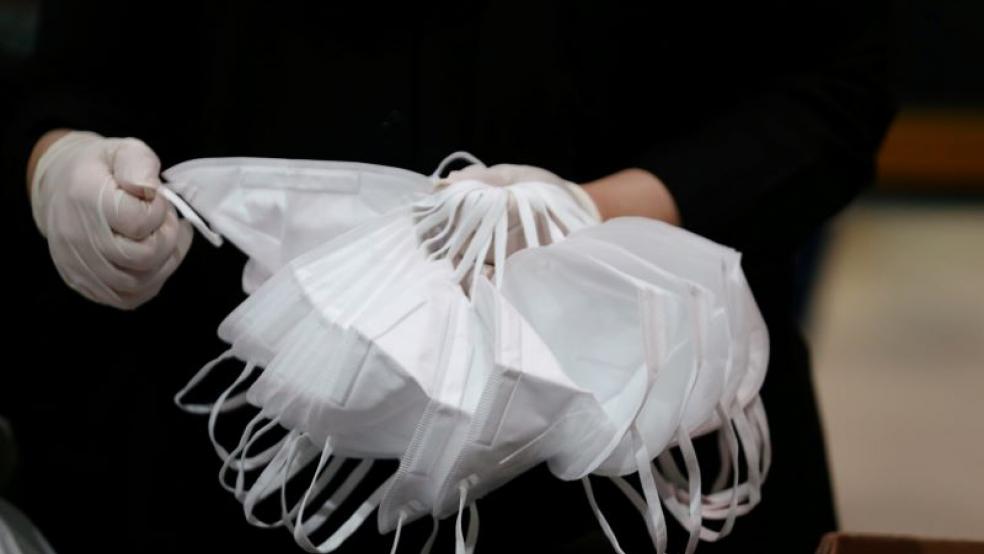Congressional leaders are still hoping to attach a Covid relief package to the annual government funding bill, with the goal of passing both before lawmakers leave town for the holidays. Negotiators are using the $908 billion coronavirus relief package offered by a bipartisan group of lawmakers last week as a starting point and may release a detailed summary of their bill as soon as Monday night, with legislative text coming later in the week.
The details are still in flux, but reports indicate that the relief package would include hundreds of billions for the unemployed, state and local governments, and small businesses. Smaller amounts would be allocated for rental assistance, schools, child care and other issues.
The unemployment provision would provide $300 per week in federal benefits for 16 weeks, but would not be retroactive. Self-employed and gig workers would be included in the program.
No $1,200 checks: One thing the framework does not include is more direct aid for individuals, and that’s sparking some opposition to the bill. Sen. Bernie Sanders (I-VT) said last week that he would not support a bill that fails to provide another round of checks. “[D]uring the worst economic crisis since the Great Depression, when over half of our workers are living paycheck to paycheck, when one out of four workers are either unemployed or make less than $20,000 a year, when 92 million Americans are uninsured or under-insured, when tens of millions of people face eviction and when hunger in America is exploding, it is unacceptable that the Manchin-Romney proposal does not even do what the CARES Act did and provide, at the very least, a $1,200 direct payment to working class Americans and $500 for their kids,” Sanders said in a statement.
On the other side of the aisle, Sen. Josh Hawley (R-MO) also said he would not support a bill lacking direct aid – and has lobbied President Trump to veto it. “I said, ‘I think it's vital that any relief include direct payments, and I'm not gonna vote for it if it doesn't,’” Hawley told Politico Monday, recounting his conversation with Trump. “And I also urged him to veto any bill that did not have direct payments in it.”
The president, however, has reportedly signaled that he would sign a relief bill, even without another round of direct support. “President Trump has indicated that he would sign a $908 billion package — there’s only one $908 billion package out there and it’s ours,” Sen. Bill Cassidy (R-LA) said Sunday.
A “tricky path:” Despite the recent progress, there are still some serious issues to resolve. Republicans are pushing for liability shields for businesses that many progressives oppose, while Democrats want more money for state and local governments than some conservatives are willing to provide. This means the Covid relief package “has really a tricky path,” as Politico put it Monday.
“I think we’ll get there,” Sen. Mark Warner (D-VA), who is backing the bipartisan compromise bill, said Sunday, adding, “I think we may have to go through a few more days of drama.”




